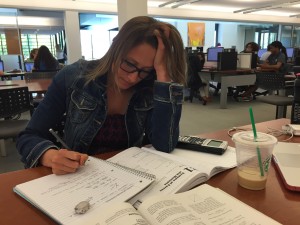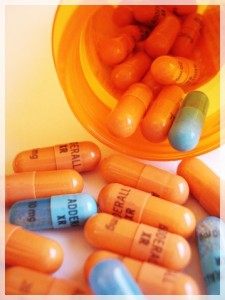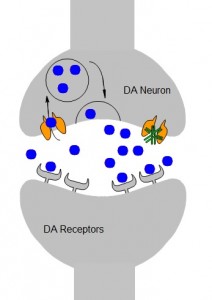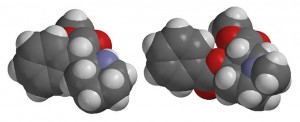Study Drugs
Pressure getting the best of you?

- What if there was a drug that could improve your pattern-recognition memory,increase your attention span, memory and while having the capacity to stay awake?
This fascinating idea has intoxicated many college and high school students who are overwhelmed by stress as a consequence of their seemingly endless course workload. The desire to excel and ace papers and exams is a common goal for most students. However, the need to meet those academic requirements has driven some to resort to abusing non-prescribed study enhancers. The popularity of these drugs has increased over the past decade. Where did this acceptance come from?
Addiction to study drugs is…

People suffering from Attention-Deficit/Hyperactivity Disorder (ADHD) are prescribed drugs that are commonly thought of as stimulants, but have different affects in people who suffer from this disorder.
People who don’t have ADHD sometimes take these drug illegally to increase concentration. These drugs can be habit-forming when used by a person who does not have ADHD or if used at a higher than prescribed dosages.
What Does It Mean To Be Addicted to Study Drugs?
Psychological Symptoms of Addiction
- obsessive-compulsive seeking or thinking about drugs
- loss of control of use
- continued use of drugs despite visible negative side effects
Physiological Signs
- increased tolerance to get same effect
- withdrawal signs after stopping drugs
Types of Drugs:
| Type of Drug | Dextroamphetamine (Adderall) | Methylphenidate (Ritalin) | Vyvanse | Modafilin |
| Prescription | ADHD | ADHD | ADHD | Narcolepsy and other sleep disorders |
| Affects | Increases dopamine levels in the brain | Increases dopamine levels in the brain | Increases dopamine levels in the brain | Increases dopamine levels in the brain |
All of these drugs share similar neurological pathways. Because the most commonly prescribed drug to treat ADHD is Ritalin we will focus on this pathway in particular.

Pathway
The chemical structure of Ritalin is similar to cocaine. Because of this, they act much alike and they both increase dopamine levels in the brain. The hormone dopamine plays a role in helping people control their behavior. The stimulant blocking a dopamine transporter protein, which normally takes up dopamine from the synapses. Consequently, the blocking of dopamine allows for dopamine to stay in the synapse for a longer period of time causing increases alertness and productivity.
When does it become addiction?
ADHD medication is not addictive when it is prescribed by doctors and taken as directed. It can become addictive when it is abused by either taking it in high doses or taken improperly by injection or snorting. It can be just as addictive as cocaine.

Concerns?
This rapid increase of use has become the go to drug and students are creating habit forming addictions to the drug.The more misused, the greater risk of psychological and physical dependence can occur. Individuals can feel they are incapable of completing work or not functioning optimally without this extra boost of the study drug.
The Issue?
There has been a prevalence of students who resort to taking these study drugs for a short-term mental boost for academic purposes.
Alarmingly, reports distributed by Drugfree.org and MetLife Foundation in 2013, discovered that approximately 1.9 million teens report having misused stimulants within the past year. One of which included Ritalin. Startlingly, over 1.3 million admitted to having misused Ritalin or other stimulants within the past month.
Alan DeSantis, a professor and researcher at the University of Kentucky, has observed and assessed the use of study drugs at the university. Unfortunately DeSantis states, “It’s abused more than marijuana and easier to get.” According to his research , 30 percent of students at the university have illegally used a stimulant, like the ADHD drugs Adderall or Ritalin. The number significantly increases with upperclassmen. Approximately half of all juniors and seniors have used the stimulants. The results reported that 80% of upperclassmen in fraternities and sororities have used the drugs.
